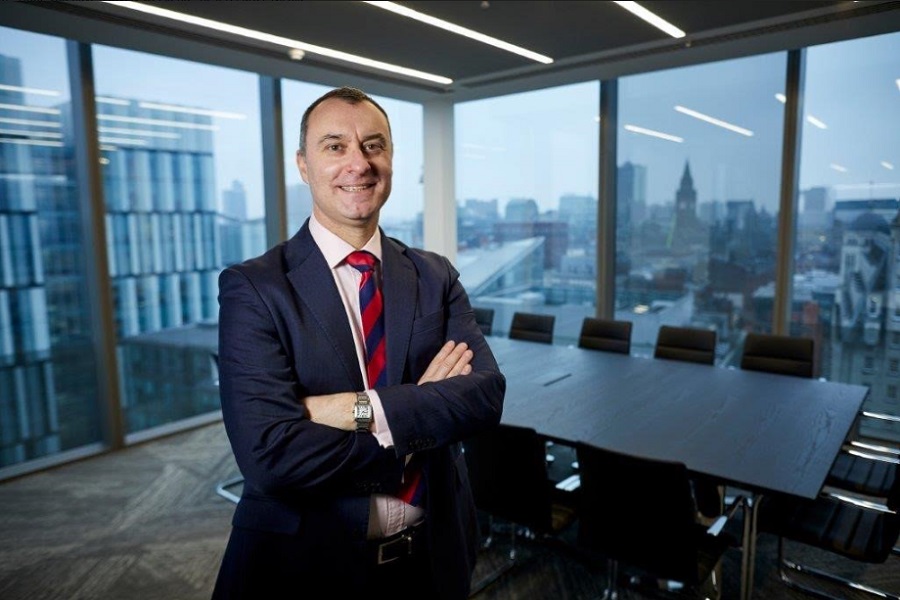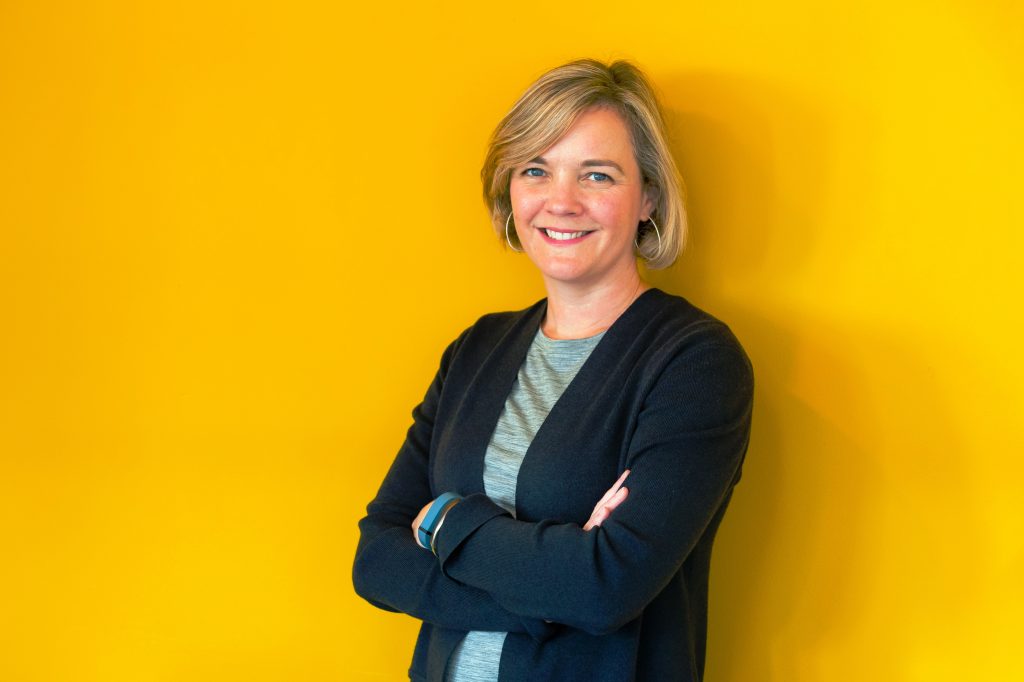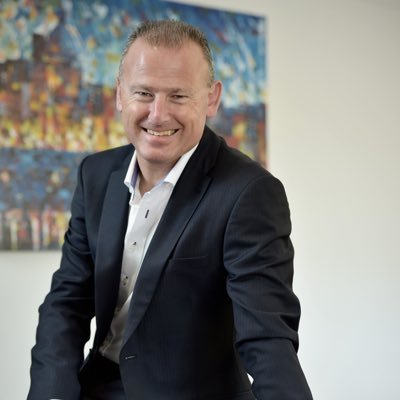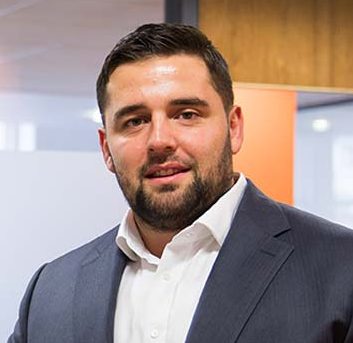We need to work together to make a real difference

A panel of business experts and leaders from across the North tackled issues ranging from Brexit to transport links in a round table held in Manchester.
The event was part of the State of the Region initiative which has been organised by TheBusinessDesk.Com in partnership with accountants KPMG and law firm Squire Patton Boggs.
The event was held in the offices of Squire Patton Boggs and was attended by a number of high profile experts.
They were: Jessica Bowles, Bruntwood’s director of strategy, Martin Doherty, executive manager and expert in the manufacturing sector at recruitment firm Morson, Winston Zahra, chief executive of the GG Hospitality Group, Nathan Priestley of building firm Priestley Group, Amul Batra, director of talent and partnerships at Northcoders, Christian Gleave, chief executive of Cheshire-based travel management company Review Travel, Nicola Quayle, senior managing partner at KPMG, North West and Rob Elvin, managing partner of the Manchester office of Squire Patton Boggs.
Rob Elvin started the discussion by addressing the issue of whether the various cities across the North are working together.

Rob Elvin
He said: “Several years ago there was a lot of commentary about the Northern Powerhouse and how it could only ever work if the cities pulled together.
“The reason Greater Manchester has been so successful was because the combined authorities in Manchester were working together. Yorkshire has not been able to do that.
“We are still a little bit away from the coordination across the North.”
Jessica Bowles added: “I think the shifting political and business picture across the North is fascinating.
“We have seen a shift in thinking where the cities have seen that they can work together, but it has been slow.

Jessica Bowles
“Manchester is big, but it is not that big on a global scale if you want to have that kind of presence and ability to attract investment.
“The cities in the North are starting to work together, we are not there yet but you can see the shifting sands.”
Winston Zahra addressed the issue of the need to have transport links to grow an economy. He said: “During my time in Malta the airport was transformational for the island.
“The development of the airport and the growth of the airport made a massive difference. Over the last ten years we went from a million visitors a year to 2.4 million.
“If Manchester is the international hub and Leeds and Liverpool are spokes out of the hub, it makes much more sense.
“When it comes to transport I keep hearing about a one hour rail link to London, if that happens it will make a massive difference.

Winston Zahra
“The interesting thing about the statistics in Manchester is that there about 11m visitors who stay longer than one day and one night and only 1.4 million of those are international.
“The massive opportunity is not to market just Manchester but the whole region.”
Amul Batra spoke about the issue of Brexit. He said: “London and Westminster is so consumed with what is going to happen with Brexit.
“The opportunity for the North is absolutely there and the timing of devolution could not have been better for the region.
“What we can’t do is the same as what is being done nationally, if we just do the same thing then what is the point of having those powers?
“We have to do things differently. The identity of the North is in our company name and it is integral to why we do business.
“As a Londoner, but someone who has spent 15 years here, it is much easier to do business in the North. It’s the people, the opportunity, its grit and determination and collaboration.
“There are so many blockages in London, it’s a city where people fight for space on a daily basis.”
Nicola Qualye said: “London may not be that collegiate but when they do get behind something they have got that volume.

Nicola Quayle
“We need to have that collegiality with Liverpool and Leeds because otherwise we will lose out.”
Jessica Bowles said: “What London is really good at is when it wants something like Crossrail everyone gets on board.
“In the North we haven’t quite ourselves to the same place, but it’s getting there. It doesn’t have to be small conversations, we need to be confident and big.”
Nicola Quayle said: “The distraction around Brexit is an opportunity for the region but only to the point where that distraction ends. In two years’ time we need to be at the point where we know what we want and where we are ready to go.
“At the moment we are not at the position and we need to be at that point in 12 to 18 months’ time. We need to be ready, or otherwise we will miss out.”
Nathan Priestley said: “It is true that it is harder to get funding the further North you go. When you go to North East there is very little.

Nathan Priestley
“The same thing is true for transport, there is very little support the further North you go.”
Christian Gleave said: “The problem with rail is that it tends to go up and down and there is very little East to West.
“The problem with the sector is that it is fragmented, there are 26 different operators fighting for funding.”
Martin Doherty spoke about the advantages of doing business in the region.
He said: “We have great transport links and we also have the ports for bringing goods in, which is a major advantage.
“But the North West needs to capitalise on the fact it is still the centre for manufacturing. We are in danger of losing some ground when it comes to the new industrial revolution.
“There has been some work done by Siemens into the subjects such as the internet of things and what we can do with the universities. We need to capitalise on that kind of knowledge and expertise.
“What we do have in the UK are the best engineers and the best manufacturers. Lots of manufacturers are seeing lots of employers moving back to Europe.
“With Brexit and with economies picking up across Eastern Europe we are seeing lots of people who came over 15 years ago heading back to Eastern Europe.”
Winston Zahra added: “This is a massive concern in our industry, it is probably our biggest concern.
“If you take the amount of jobs in Manchester, we are going to need 3,500 new people every year. I don’t see any plan in place to address that challenge.”








